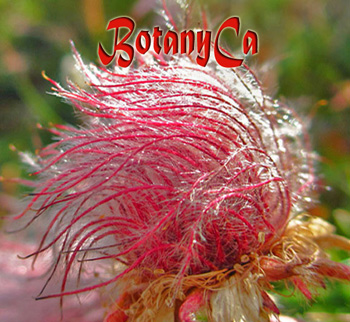Eating our way into the ‘future’ – Allium tricoccum
Allium tricoccum (wild garlic, ramps)
Allium tricoccum is one of the first species to appear in early spring in the woodlands of North America. After a long winter, the onion-garlic scented, fleshy leaves look very delicious; actually they contain lots of vitamins and minerals. Leaves will completely disappear being replaced in the summer by flowering stems bearing a single inflorescence with white flowers, followed by capsules with black seeds (3 in each fruit – tricoccum). The bulbs and leaves of A. tricoccum have been traditionally used by the Native Americans, then by the European settlers and all the following generations.
Last year I didn’t collect seeds because I thought this is such a common plant around here. But I had forgotten to check the facts – it turns out that we are continuing to eat our way into the ‘future’, and what was once a very common spring sight in most North American woodlands is now rapidly fading away! Since they become more popular, with ramps festivals held annually and served in fancy restaurants as ‘local and organic’ food, they have become over-harvested everywhere.
In Quebec, wild harvesting of Allium tricoccum is currently prohibited, and in a few of the U.S.A. states it has become a ‘special concern’ species!
As it happened with other species, the regeneration doesn’t occur fast enough to keep up with the unsustainable harvesting and entire populations may disappear from one year to another.
Another notorious example of woodland species that we have managed to erase almost entirely from our woodlands through overharvesting is Hydrastis canadensis (goldenseal), and there are signs in some areas that mayapple (Podophyllum peltatum) may follow it in the near future.













Foraging has become very trendy in this country and it does worry me that not everyone harvests in a responsible way. It could be come a problem, one that we will have to keep an eye on.
If everyone would just keep in mind that plants in the wild don’t multiply themselves (with some exceptions) like the ones we cultivate and nurture in our gardens.
It’s tough out there…